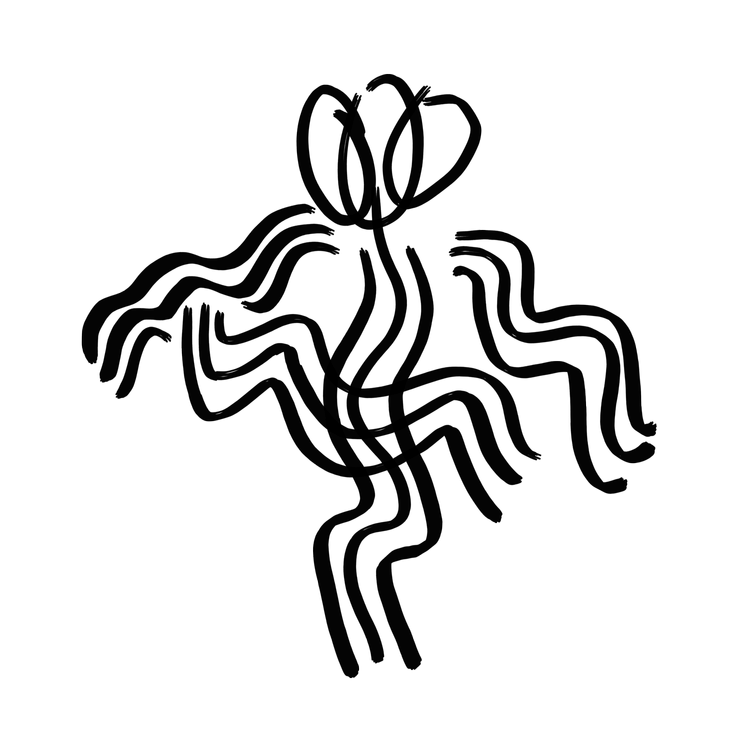DISORDERING Dance: Neuroqueering a Choreographic Practice
Disordering Dance is the body of Aby's doctoral studies at The Royal Conservatoire of Scotland and university of st. andrews
ABSTRACT:Disordering Dance: Neuroqueering a Choreographic Practice critically interrogates solo choreography and performance through a lens of the neurodiversity paradigm, and a lived experience of neurodivergence, specifically dyspraxia; a neurotype which affects memory, coordination, cognitive processing, and the execution of movements. Yet, through the process of a paradigm shift, this study widens its focus to consider neurodivergence more broadly. Deliberations of choreography itself also become expanded, to explore increasingly interdisciplinary modes of dance alongside alternate social relations and modes of spectatorship within the performance space.
Through neuroqueer autoethnographic practice-research, this doctoral research project adopts a methodology of ‘disordering’. Through critical autoethnography, an intimate representation of selfhood is formed wherein taken-for-granted neuronormative assumptions within mainstream dance culture – and their consequential impacts – become exposed. A reordering of power relations is desired through dance practice that generates new ‘radically inclusive’ neurodivergent-centred choreographic methods and aesthetics (Walker, 2021:176). Disordering as a choreographic methodology explores dance outwith the constraints of neuronormative performance, materialising previously unrealised creative potentials (2021:190). With an ethical ambition, Disordering Dance works to transform dance cultural environments to create space for neuroqueer embodiments to be ‘permitted, accepted, supported, and encouraged’ (2021:163).
Disordering Dance utilises a positionality of ‘neurodivergent outsider’ in Western dance culture. Voiced by a queer neurodivergent choreographer and dancer with dyslexia, dyspraxia, and ADHD (with autistic traits), this research seeks to offer a valuable utterance of neurodivergent authorship to the clinically dominated field of literature, whilst cross pollinating dance scholarship with the burgeoning fields of critical neurodiversity and neuroqueer creative practice.
Reference: Walker, N. (2021) Neuroqueer Heresies, Autonomous Press: Fort Worth
Aby is currently dreaming up potentials to share her doctoral research through even more radical, exciting, and engaging forms of knowledge exchange. She is passionate about challenging the taken-for-granted conventions that demand neuronormative conformity in the academic sphere. She seeks to destabilise the power relations that often result in neurodivergent exclusion from equitable engagement with knowledge. Disordering Dance is a project that desires a more democratic, accessible, and neurodivergent-centred knowledge exchange.


